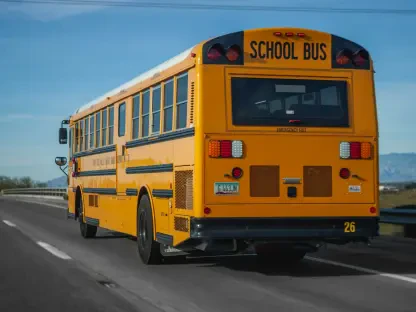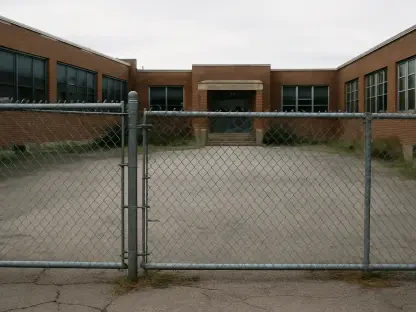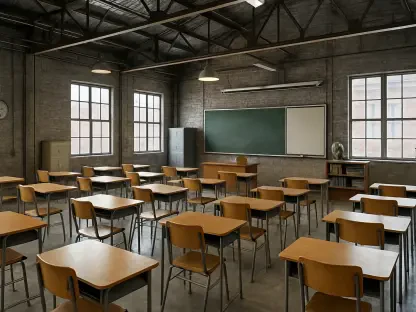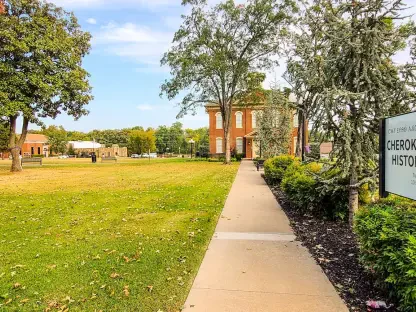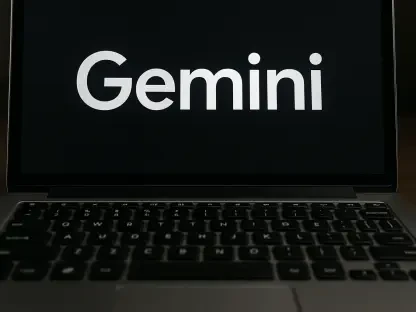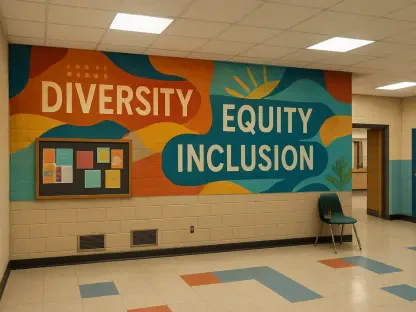I’m thrilled to sit down with Camille Faivre, a renowned education expert with a deep focus on education management. In the ever-evolving, post-pandemic landscape of higher education, Camille has been at the forefront, guiding institutions in the development and implementation of open and e-learning programs. Today, we’ll dive into some of the most pressing issues in higher education, exploring the recent controversies surrounding faculty terminations over social media, the alarming threats against historically Black colleges and universities, and the broader implications for academic freedom and campus safety.
Can you walk us through the recent incidents at Texas A&M and Texas State Universities where professors were fired over their social media posts and videos? What do these cases reveal about the current climate in higher education?
These cases are quite telling of the tension between personal expression and institutional oversight in today’s academic environment. At Texas A&M, a children’s literature professor was dismissed after a viral video, shared by a state lawmaker on social media, accused them of promoting what was labeled as “DEI and LGBTQ indoctrination.” The specifics of the video content weren’t fully detailed in public reports, but it was enough to trigger significant backlash and ultimately the university’s decision to terminate. At Texas State, history professor Thomas Alter was let go after a video surfaced of him discussing socialist organization strategies, with rhetoric that university leadership interpreted as inciting violence, though no specific policy violation was clearly outlined. These firings highlight a growing scrutiny over faculty’s public statements, often amplified by political figures, and raise questions about where the line is drawn between free expression and professional responsibility.
How have free speech advocates and faculty organizations responded to these dismissals, and what broader concerns are they raising?
Free speech advocates and faculty organizations have been vocal in their criticism, particularly regarding the erosion of academic freedom at public institutions like Texas A&M. They argue that these firings represent a dangerous precedent where external political pressures, rather than internal academic standards, dictate employment decisions. There’s a real fear that professors might self-censor to avoid backlash, which stifles open discourse—a cornerstone of higher education. While specific campaigns or actions to support the affected professors haven’t been widely publicized yet, these groups are pushing for clearer policies to protect faculty from such politically motivated terminations and to ensure due process.
Shifting to another incident, can you explain what happened at Middle Tennessee State University where a dean was fired over social media comments? How did external influence play a role?
At Middle Tennessee State University, a dean was dismissed after posting on social media that she had “zero sympathy” for a conservative activist who was tragically killed. This comment drew immediate attention, and a U.S. Senator from Tennessee publicly called for her removal via a post on social media. The university’s swift decision to fire her suggests that external political influence, amplified through online platforms, played a significant role. It’s another example of how quickly personal statements can escalate into professional consequences when public figures weigh in, often bypassing internal review processes or discussions about context and intent.
Turning to campus safety, can you share insights on the recent wave of threats against historically Black colleges and universities that led to lockdowns? What impact did this have on the campus communities?
Several historically Black colleges and universities, including Alabama State, Bethune-Cookman, and Hampton University, among others, faced a disturbing series of threats recently, prompting lockdowns and class cancellations. These incidents created a palpable sense of fear and disruption for students, staff, and faculty, who had to navigate the uncertainty of whether the threats were credible. Beyond the immediate logistical challenges, such events take a significant emotional toll, reminding communities of the persistent racism and hostility they face. Institutions responded by prioritizing safety, often coordinating with law enforcement, but the broader impact is a chilling effect on the sense of security that campuses strive to provide.
How have government officials or advocacy groups addressed these threats against HBCUs, and what steps are they advocating for?
The response from government officials has been notably strong, with the Congressional Black Caucus Chair publicly condemning the threats as vile and a stark reminder of ongoing racism and extremism targeting Black communities. There’s been a clear call for the FBI and the Department of Justice to thoroughly investigate these incidents and to treat them with the urgency they deserve. This advocacy underscores the need for federal support in not only addressing immediate threats but also in tackling the systemic issues of hate and violence that underlie such actions against HBCUs.
Looking at the bigger picture, how do you see these combined issues—faculty firings over expression and campus threats—shaping the future of higher education in terms of policy and culture?
These issues are interconnected in that they both challenge the core mission of higher education: to foster open dialogue and provide safe, inclusive spaces for learning. The faculty firings signal a need for clearer policies on academic freedom and protections against external political interference, while the threats against campuses, particularly HBCUs, highlight the urgency of robust safety protocols and federal support to combat hate-driven actions. Culturally, there’s a risk of creating environments where fear—whether of professional repercussions or physical harm—stifles the free exchange of ideas. Moving forward, institutions and policymakers will need to balance accountability with freedom, and safety with openness, to preserve the integrity of higher education.
What is your forecast for the landscape of academic freedom and campus safety in the coming years, given these recent events?
I think we’re at a critical juncture. Academic freedom could face further erosion if political influences continue to override institutional autonomy, especially with the rapid spread of content on social media amplifying controversies. We might see more universities adopting stricter social media policies for faculty, but hopefully, there will also be a push for stronger legal and institutional safeguards to protect expression. On the campus safety front, particularly for HBCUs, I anticipate increased federal and local collaboration to address threats, possibly through enhanced funding for security measures and bias crime investigations. However, without addressing the root causes of polarization and hate, these issues will persist, and higher education will need to adapt by fostering resilience and dialogue to navigate this complex terrain.


